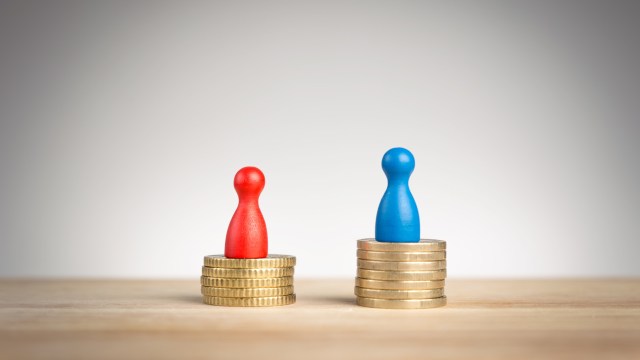Poor Memory May Predict Sexual Risk-Taking in Teens

Teenagers are impulsive and hormonal. When they aren’t trying to keep a number of feelings in check, they’re thinking about sex. It’s a tough, frustrating period of life. However, some teens are able to exert more self-control than others, depending on their working memory — the ability to draw on information they’ve obtained in order to make a thought-out decision. A recent study has found that teens with weaker working memory may be at risk of engaging in earlier, unprotected sexual behavior.
The study followed 360 teens ranging in ages from 12 to 15. The researchers also gathered families from varying socioeconomic and ethnic backgrounds. They followed the teens for two years, measuring the participants’ working memory at the start of the study through a series of tests and following up on their sexual activity, using “privacy-enhancing, computer-assisted self-interviewing techniques.”
Their data indicated that those with weaker working memory had a more difficult go of regulating those dominating impulses that often crop up in teenagehood — primarily, sex. But what’s most concerning is the desire to have sex seemed to outweigh any thoughts about using protection and the long-term consequences of not using it.
Thankfully, Dan Romer, research director of the Annenberg Public Policy Center at the University of Pennsylvania, had some advice:
“For adolescents who have weak ability to override strong impulses, improvements in working memory may provide a pathway to greater control over risky sexual behavior. Certain parenting practices, characterized by nurturing and responsive involvement, have been shown to support the development of working memory. Interventions could aim to strengthen these types of parenting practices as well.”
Read more at EurekAlert!
Photo Credit: Uriel Sinai/Getty Images





